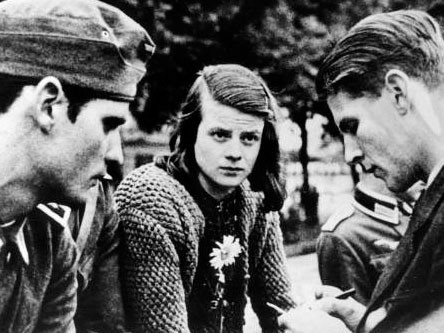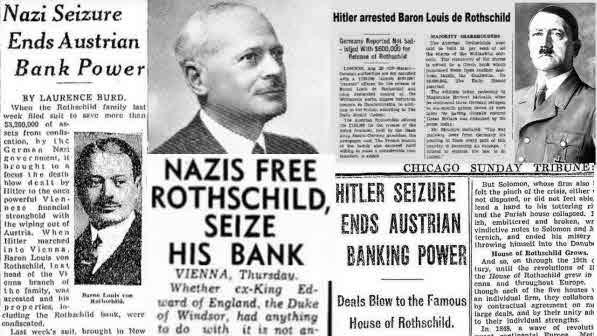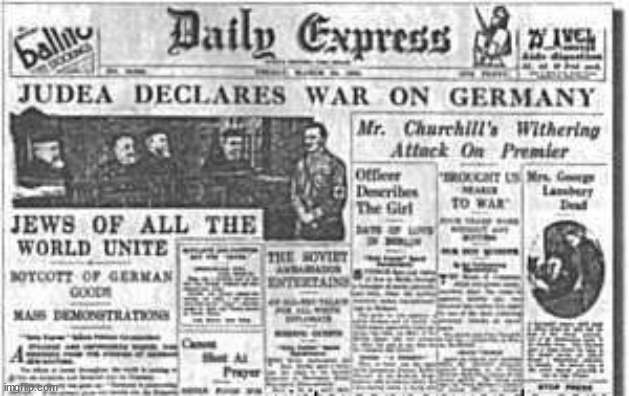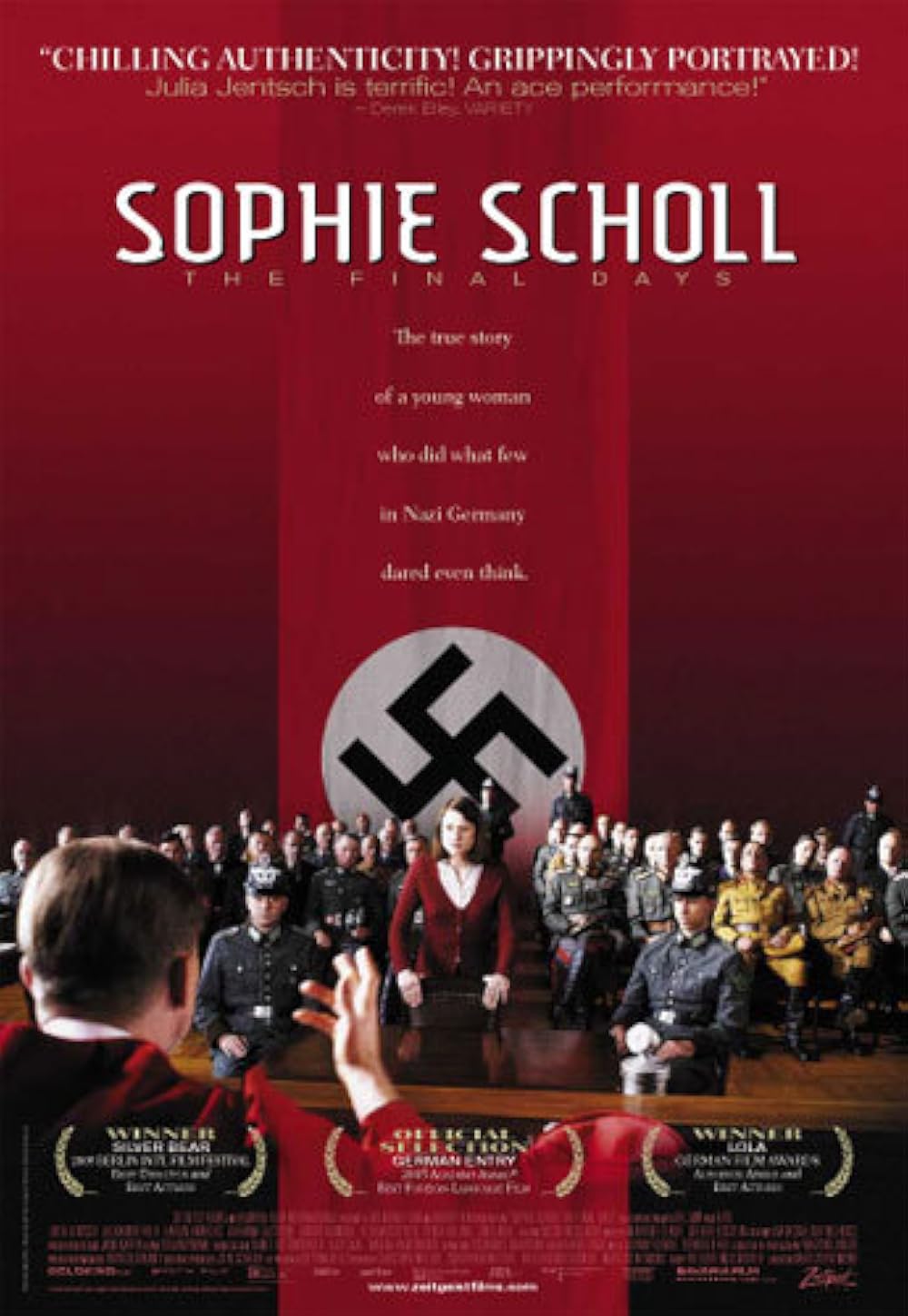Mindful
Diamond Member
- Banned
- #1
Hans Scholl, Sophie Scholl, and Christoph Probst.
During the years of the Third Reich, criticism of the Nazi Party or Adolf Hitler was strictly forbidden. To criticize the Reich, was to commit treason against the German “race.” Authoritarian regimes must control speech and information in order to control their artificial narratives of reality- thus maintaining total control over their citizens. Words, philosophies, and ideas are often regulated just as firearms; and in the Third Reich words were viewed just as dangerously as firearms. People who had worries or concerns about the government authorities or conduct of the war were forced to speak quietly behind closed doors. Even amongst friends, those loyal to the Nazi regime would inform the Gestapo of their friends’ or colleagues’ inappropriate opinions. Anyone who published information for mass distribution that criticized the regime were truly risking their lives, as treasonous words were punishable by death.
At the University of Munich, a small group of students networked with local resistance activists in order to print leaflets and make graffiti to challenge the regime’s narrative in the minds of other free thinking people. In the minds of many Germans the defeat at the battle of Stalingrad brought doubt about the direction of the war and the goals of the Nazi leadership. Three founding members of the White Rose group; Hans Scholl, Willi Graf, and Alexander Schmorell were German soldiers who served on the Eastern Front. Their experiences on the battlefield led them to believe that Hitler was losing the war, and that Germany needed to change course in order to survive. In January 1943 a student riot occurred at Munich University. The Nazi authorities criticized the student body as unpatriotic, and labeled the young men as “skulkers” because they were not serving in the Wehrmacht. This criticism of the students inspired the White Rose members to print more leaflets and to increase their activity.

During the years of the Third Reich, criticism of the Nazi Party or Adolf Hitler was strictly forbidden. To criticize the Reich, was to commit treason against the German “race.” Authoritarian regimes must control speech and information in order to control their artificial narratives of reality- thus maintaining total control over their citizens. Words, philosophies, and ideas are often regulated just as firearms; and in the Third Reich words were viewed just as dangerously as firearms. People who had worries or concerns about the government authorities or conduct of the war were forced to speak quietly behind closed doors. Even amongst friends, those loyal to the Nazi regime would inform the Gestapo of their friends’ or colleagues’ inappropriate opinions. Anyone who published information for mass distribution that criticized the regime were truly risking their lives, as treasonous words were punishable by death.
At the University of Munich, a small group of students networked with local resistance activists in order to print leaflets and make graffiti to challenge the regime’s narrative in the minds of other free thinking people. In the minds of many Germans the defeat at the battle of Stalingrad brought doubt about the direction of the war and the goals of the Nazi leadership. Three founding members of the White Rose group; Hans Scholl, Willi Graf, and Alexander Schmorell were German soldiers who served on the Eastern Front. Their experiences on the battlefield led them to believe that Hitler was losing the war, and that Germany needed to change course in order to survive. In January 1943 a student riot occurred at Munich University. The Nazi authorities criticized the student body as unpatriotic, and labeled the young men as “skulkers” because they were not serving in the Wehrmacht. This criticism of the students inspired the White Rose members to print more leaflets and to increase their activity.

The White Rose
During the years of the Third Reich, criticism of the Nazi Party or Adolf Hitler was strictly forbidden. To criticize the Reich, was to commit treason against the German “race.” Authoritarian...
germanresistance.weebly.com





